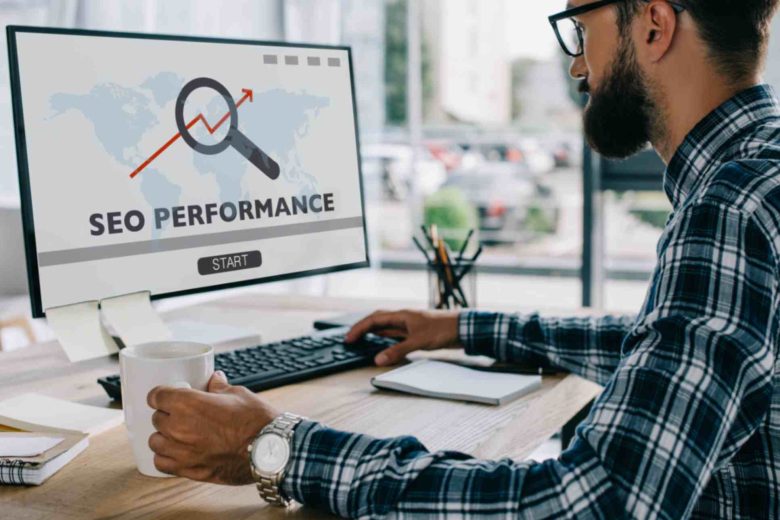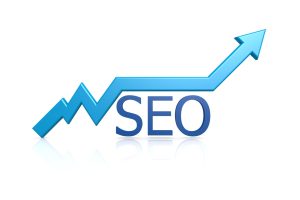In today’s digital-first world, your website isn’t just a brochure, it’s your business’s digital storefront. The speed at which it loads can make or break that all-important first impression.
Website speed and SEO go hand in hand, directly influencing how your business is discovered and how users interact with your site. So why exactly does speed matter so much, not just for rankings, but for real-world conversions too?
Let’s discuss!
What Is Website Speed and Why Website Speed Matters?
In simple terms, website speed refers to how quickly your website’s pages load when someone visits them. Sounds basic, right? But it’s far from trivial.
A fast website keeps your visitors happy as no one wants to wait around for a spinning wheel. More importantly, search engines like Google also care deeply about website speed.
A slow-loading site could frustrate users and, in turn, search engines. On the flip side, a fast-loading site tends to rank higher, keep users engaged longer, and ultimately perform better across the board.
Does Website Speed Affect SEO? How and Why?
Yes, website speed absolutely affects SEO.
Google has openly stated that page speed is a ranking factor. Its algorithm favours websites that load quickly, especially on mobile devices. This is where Core Web Vitals come into play, metrics like loading time, interactivity, and visual stability all impact how Google evaluates your site.
If your website is sluggish, you risk losing ground in search rankings. Slower sites typically see lower traffic, fewer clicks, and less visibility online. SEO isn’t just about keywords anymore, performance matters too.
How Does Website Speed Impact Conversions and User Experience?
Let’s say someone lands on your site, and it takes 5 seconds to load. Odds are, they’re already gone.
Slow websites increase bounce rates as people abandon pages that don’t load fast enough. In fact, studies show that just a one-second delay in page load time can drop conversions by up to 7%.
On the flip side, a lightning-fast website keeps users on the page, encourages them to explore, and makes it easier for them to complete actions like making a purchase, filling out a form, or booking a service.
Website speed and SEO don’t just influence where you appear in search results, they affect how users behave once they find you.
What Are the Best Ways to Improve Website Speed?
There are plenty of simple, effective strategies to improve your site speed:
- Reduce server response times.
- Use caching to store frequently used data.
- Minify CSS, JavaScript and HTML to remove unnecessary code.
- Implement a Content Delivery Network (CDN) for faster content delivery globally.
- Optimise for mobile as many users will be visiting from smartphones, and mobile speed matters just as much (if not more).
These tweaks can make a dramatic difference in both performance and SEO rankings.
How Can Image SEO Optimisation Boost Your Website Speed?
One of the biggest culprits behind slow websites? Heavy, unoptimised images.
Image SEO optimisation involves compressing images without sacrificing quality, choosing the right formats (like WebP), and using lazy loading so images only load when needed. These small changes can lead to faster load times and better performance across devices.
Bonus: Google also rewards properly optimised images with better visibility in image search results. Another win for your SEO efforts!
Which Tools Can You Use to Monitor and Improve Website Speed?
Want to see how your site stacks up? Try these tools:
- Google PageSpeed Insights: Offers detailed insights and practical suggestions.
- GTmetrix: Great for performance benchmarking.
- Lighthouse (via Chrome DevTools): Offers an in-depth SEO and performance audit.
Regularly checking your site’s speed helps you catch problems early and stay ahead of the curve when it comes to both website speed and SEO.
Why Speed Still Rules in Digital Marketing?
In a digital landscape where attention spans are short and competition is fierce; website speed matters a lot. It affects how well you rank, how users engage, and ultimately, how much business your website generates.
If you’re serious about driving traffic, boosting conversions, and offering a seamless experience, now’s the time to prioritise speed.
Need help fine-tuning your website speed and SEO? Get in touch with Haarty Hanks, we’re experts in connecting the dots that drive digital growth.





Comments
Pingback: Website Speed Optimisation Tips for Better SEO - Haarty Hanks